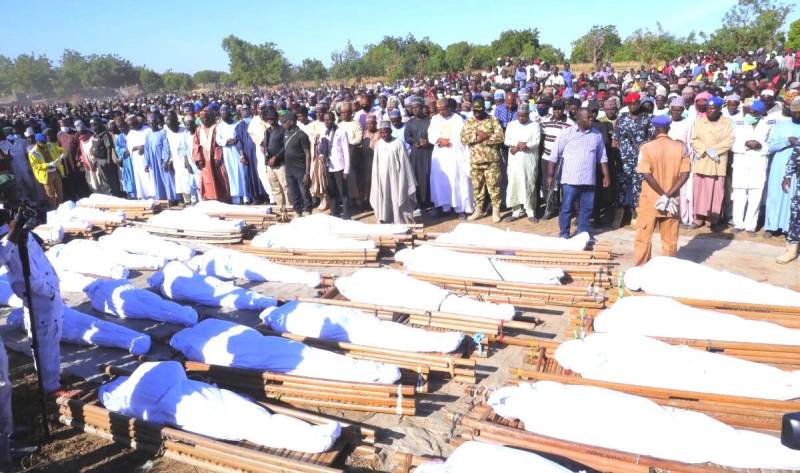Thousands of people have been killed and hundreds “arbitrarily detained” by security forces and armed groups in southeast Nigeria since a crackdown on a regional independence movement a decade ago, Amnesty International said Wednesday.
Autonomy remains a hot-button issue in the oil-rich region more than five decades after a brutal civil war put an end to the breakaway republic of Biafra in the 1960s.
Though the region is considered far less restive than the jihadist-hit northeast, pro-sovereignty protests in 2015 and 2016 were met with a sweeping crackdown that has sparked “an endless cycle of bloodshed”, Isa Sanusi, director of the Nigerian affiliate of the rights group, said in a new report.
Speaking at a news conference for the report’s publication in the capital Abuja, Merit Ifedi, a young adult, told an audience of diplomats and civil society representatives that her parents were taken from her home in Enugu state in 2021 by armed men, some of whom wore military uniforms, and she has not seen them since.
“I’m just asking the government to please release my parents, or they should just bring them to court,” she said.
Across the region, more than 1,800 people were killed by state and non-state actors between January 2021 and June 2023, though “no one knows exactly the number”, Sanusi said.
A thriving drug trade also contributes to the toll, while the state-backed Ebube Agu paramilitary group “has been used as a tool to harass and intimidate opponents and critics of the state governments”, Amnesty said.
‘Unknown gunmen’
“A hybrid of criminal and political violence” allows both authorities and armed groups to “manipulate” events to their advantage, the report argued.
It documented more than 400 people killed by “unknown gunmen” in Imo state between January 2019 and December 2021.
The gunmen often appear at burials and weddings to demand money, attacking those who refuse to pay.
Authorities have routinely blamed the attacks on the Indigenous People of Biafra (IPOB) separatist group and its affiliated paramilitary, the Eastern Security Network.
Amnesty said its research showed that in many cases a wide range of criminal groups were behind the attacks , not IPOB, and that at least some of the gunmen’s camps are “well-known by residents and security agents”.
At the same time, IPOB has been accused of violently enforcing regular “sit-at-home” orders that shut down markets, travel and schools across the southeast as a form of economic protest.
IPOB has denied enforcing the protests violently, blaming criminals for doing so.
Sanusi told AFP that both the military and the separatists’ stories strained credibility.
“This back-and-forth… is just going to leave the victims without justice,” he said.
Neither the army nor IPOB returned an AFP request for comment.
